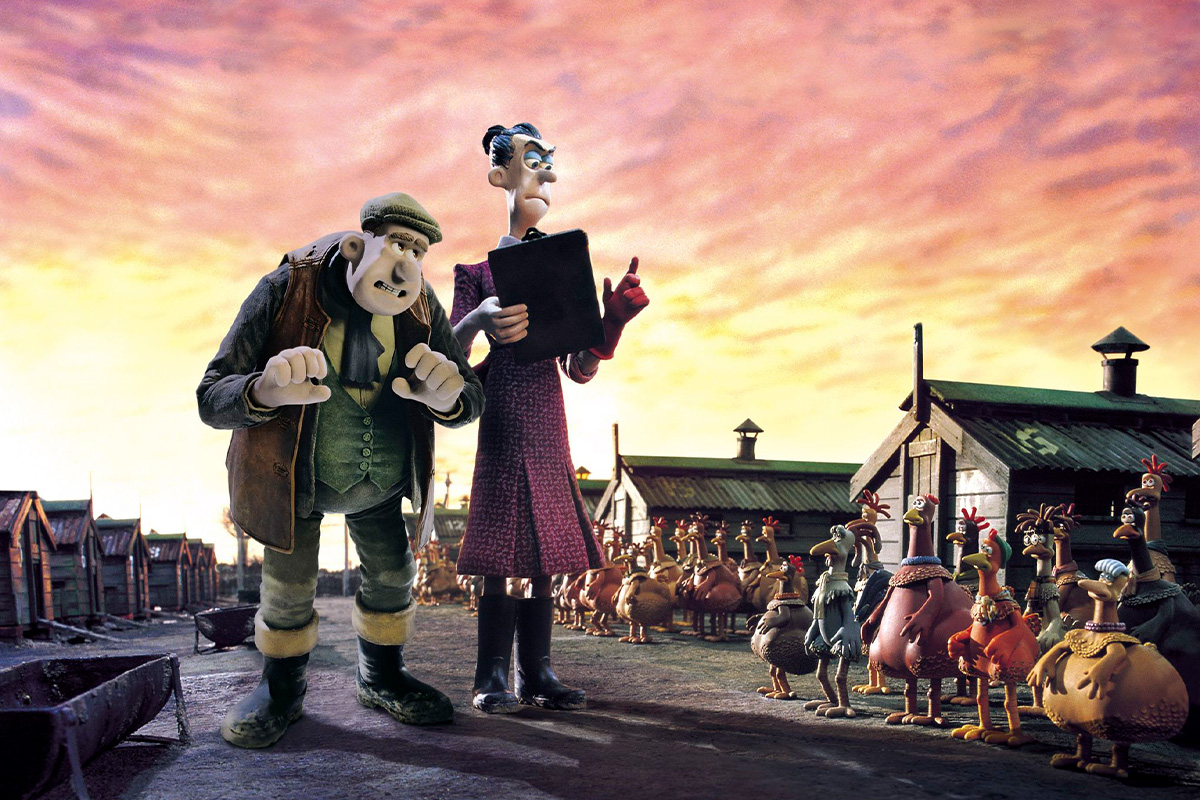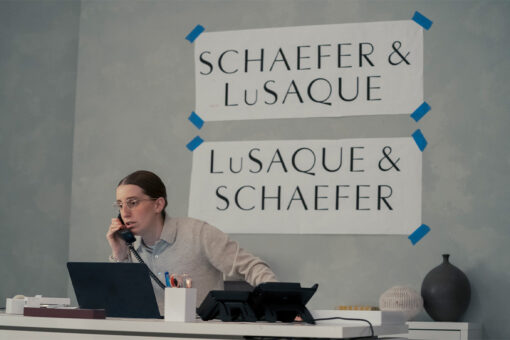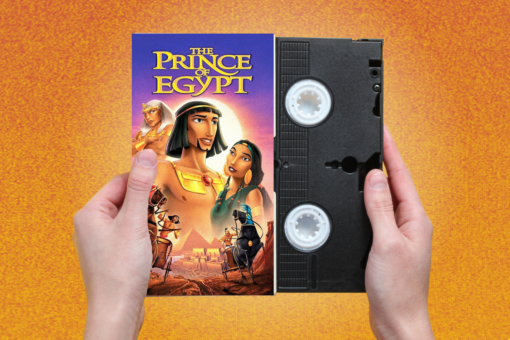When I was a child, the trailer of “Chicken Run” played before one of the movies I owned on VHS. I don’t remember which one, I just remember Fetcher the Rat saying “put your head between your legs and kiss your bum goodbye” was one of the funniest lines I’d ever heard. But the trailer was where my enjoyment of the film ended: When I watched the whole film, it was gloomy, creepy and I didn’t really like the stop motion animation, nor the chickens’ goofy faces.
My friend Valerie and I decided to watch “Chicken Run” for our podcast, Pop Culture Parasha, where we find a piece of pop culture that reflects the themes of the weekly parasha (Torah portion.) We decided that “Chicken Run” was a really solid parallel for Parashat Beshalach, the final chapter of the Exodus, before Bnei Yisrael received the Torah at Sinai.
Approximately 30 seconds into the film, I texted one of my group chats and asked a very simple, and yet stumping, question: Is “Chicken Run” an allegory for the Holocaust?
“oh god,” said Claire.
“Yes? I’m pretty sure it is?” said Becca.
“ngl that movie scared the hell out of me as a kid like i couldn’t even watch it and that seems to make sense now a lot more,” added Claire.
“I hope this is for the podcast,” Meryl chimed in, “otherwise I will be a little concerned.”
Claire replied again, this time sending a link to a YouTube video essay that claimed “Chicken Run” was “The Greatest Piece of Communist Art.”
I posted on my Instagram story asking the same question and my followers, too, were divided. Some were adamant it was an allegory. Others asked if I was OK. One friend said it was clearly about prisoners of war, and as a Jew, I was just primed to see the Holocaust everywhere I looked. It’s impossible to look past the influences this movie takes from “The Great Escape,” a film released in 1963 about Allied soldiers kept in German prisoner of war (POW) camps: Famous scenes are parodied by the chickens, and even the score music sounds similar. And hey, maybe I am primed to see the Holocaust wherever I look, but when it comes to “Chicken Run,” I don’t think it’s the biggest stretch.
Let me prove it to you.
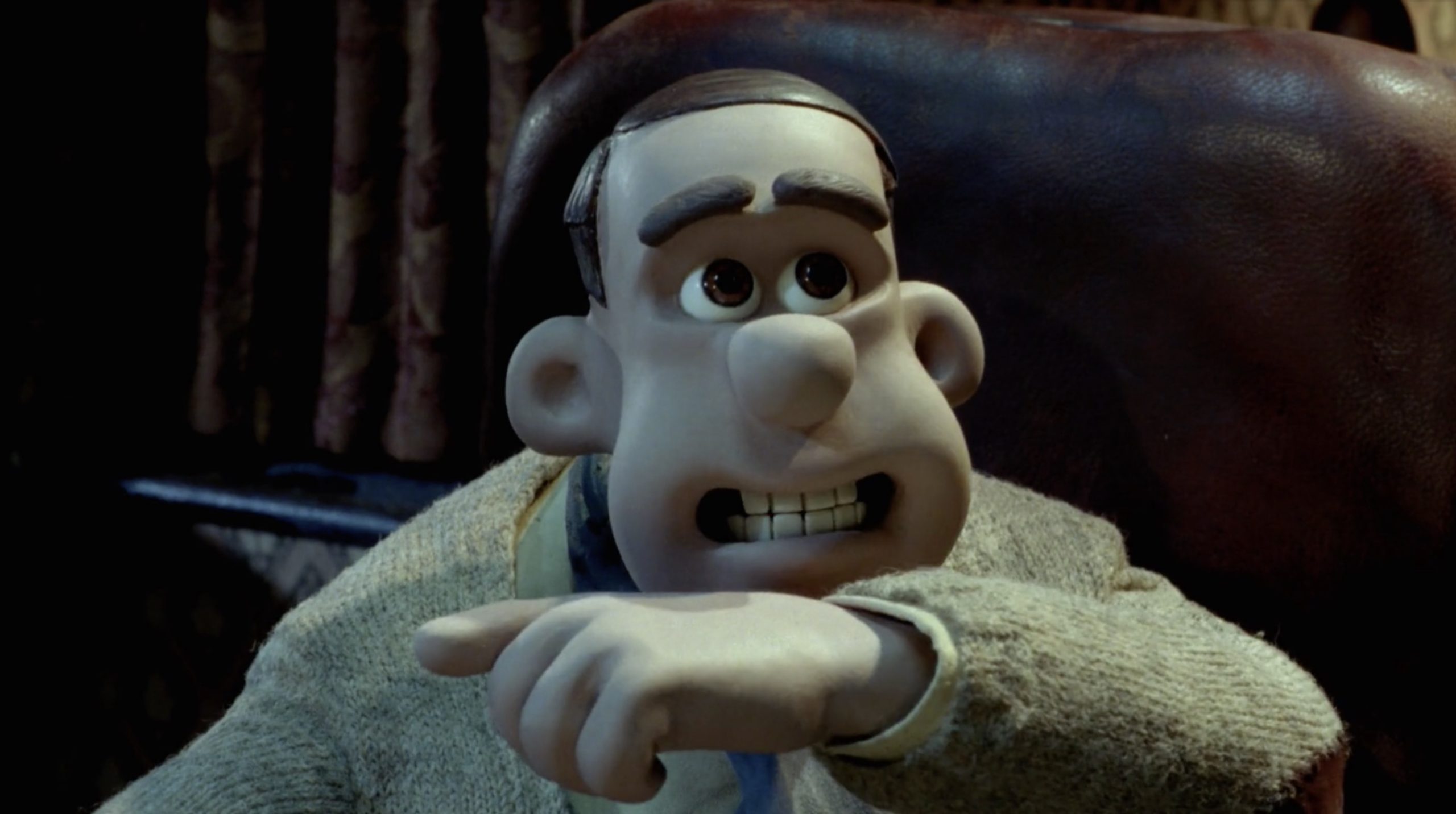
The chicken coops appear to be modeled after a concentration camp, with rows upon rows of identical wooden houses crammed full of chickens. Guard towers stand around the (chicken) wire fence. The chickens aren’t just an enemy of their captors (as you’d expect in a POW analogy) but rather they are a “subclass” being used to serve the human Tweedys who run the farm. “Chicken Run” isn’t the first work of art to use different specials to represent Nazis and their Jewish victims — the graphic novel “Maus” by Art Spiegelman famously portrayed Nazis as cats and Jews as mice.
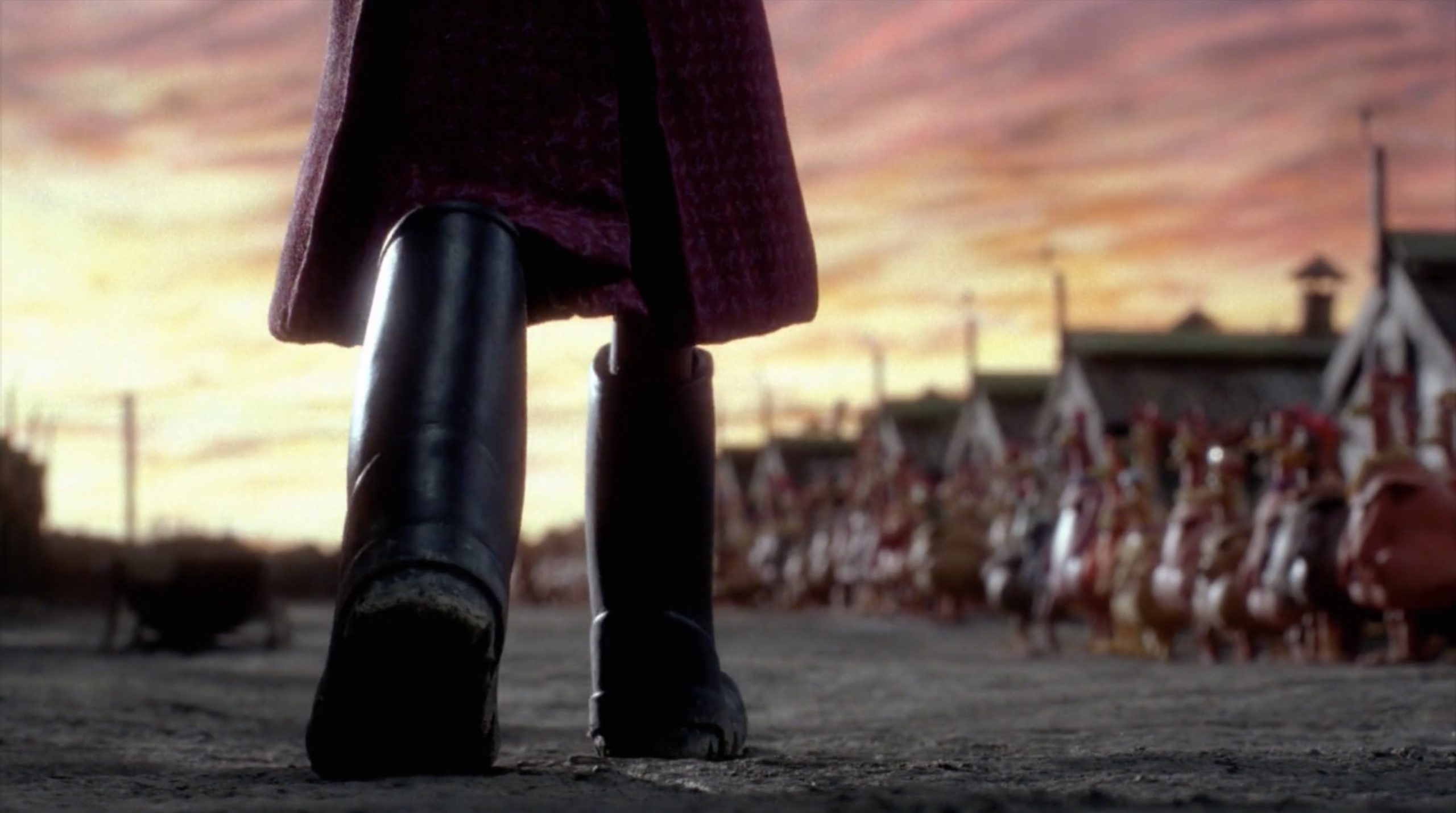
Throughout the film there are a handful of smaller, and yet still poignant images that invoke the Holocaust. There’s the Hitler-esque combover hairdo Mr. Tweedy sports at the beginning of the movie, the use of aggressive dogs as guard animals, the repeated close-ups of Mrs. Tweedy’s heavy black boots and an American rooster aiding in the eventual escape of the chickens. Separately these images might not be seen as anything, but together they consistently remind us of Holocaust iconography. Heavy black boots specifically have, post-Holocaust, been associated with skinheads and, particularly in Britain, fascists. By placing their main human character in black boots, and by continually focusing on that pair of boots, there’s no doubt that the British filmmakers were making a very deliberate choice.
But perhaps most telling of all is Mrs. Tweedy’s treatment of the chickens. At the beginning of the film, the chickens are only killed when they are no longer useful and laying eggs. However, in an effort to make money for the farm, Mrs. Tweedy buys a chicken pie maker and its oven is what some might call a, uh, last resort. Suddenly, it’s not just about detaining the chickens to take their valuable eggs — it’s about getting rid of them altogether.
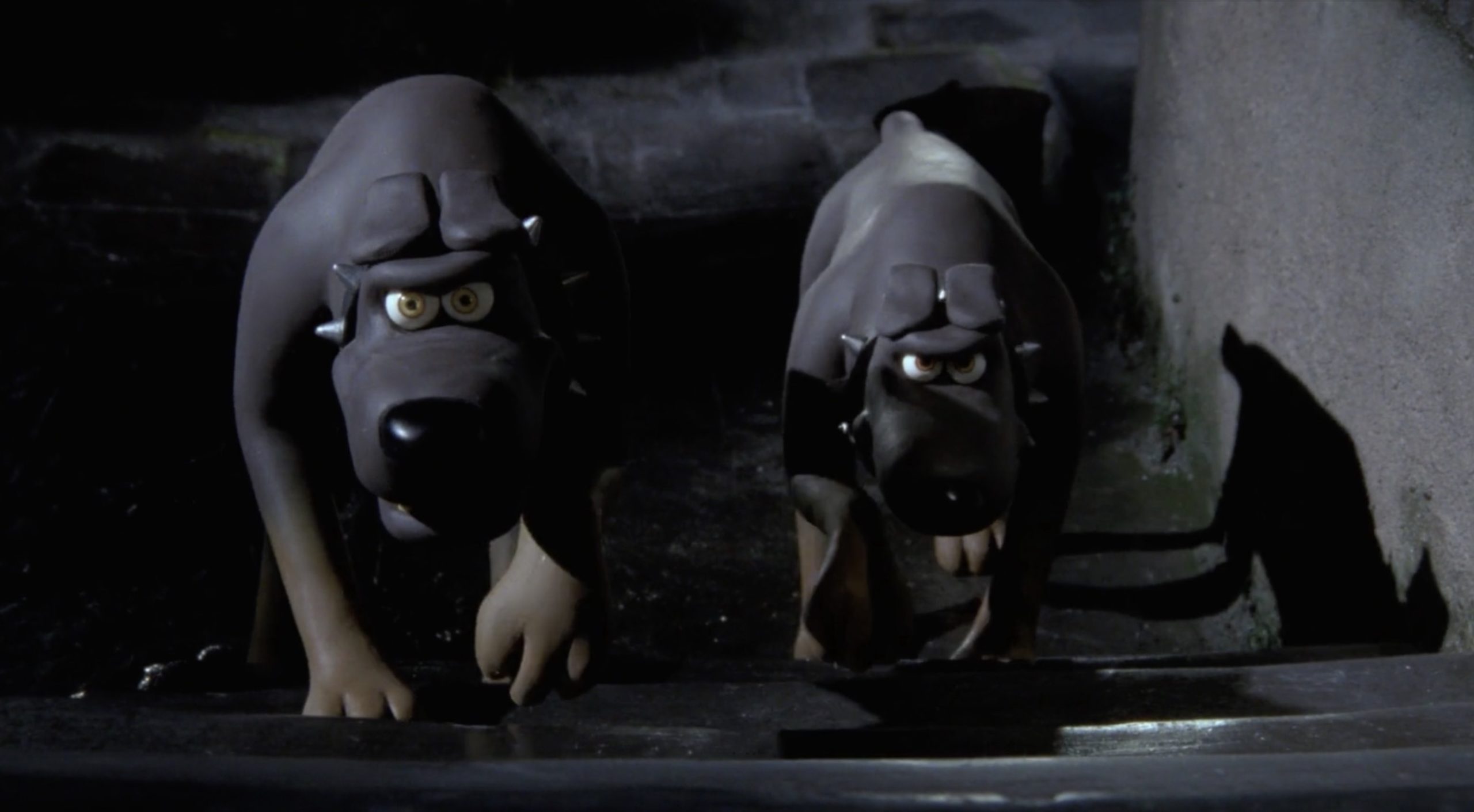
Do I have to spell this out more or do you see where I’m going?
Look. I know how ridiculous this sounds. You probably read the title of this article and thought a satire account had published it. Is “Chicken Run” an allegory for the Holocaust? Sure yeah, why not. But to me, the film is a potential answer to the question that everybody seems to be asking: How should we be teaching children about the Holocaust?
I feel very privileged that I received a top-notch Jewish education that included Holocaust studies. Yet, as somebody who went through standard Holocaust education, with grandparents who were Holocaust survivors, I strongly feel that something isn’t working anymore. By the time I graduated high school, I had become desensitized to images of mass graves filled with dead bodies, and I had become sick of Holocaust literature. I went on a Poland trip and left feeling as though my emotions had been manipulated in unnecessary, borderline inappropriate ways. The only thing that shocked me out of that desensitization was a short, soundless video clip I happened to see at Yad Vashem in Israel: actual footage of a man being shot into a mass grave. I saw that clip almost 10 years ago, and if I close my eyes, I can still see his lifeless body crumble.
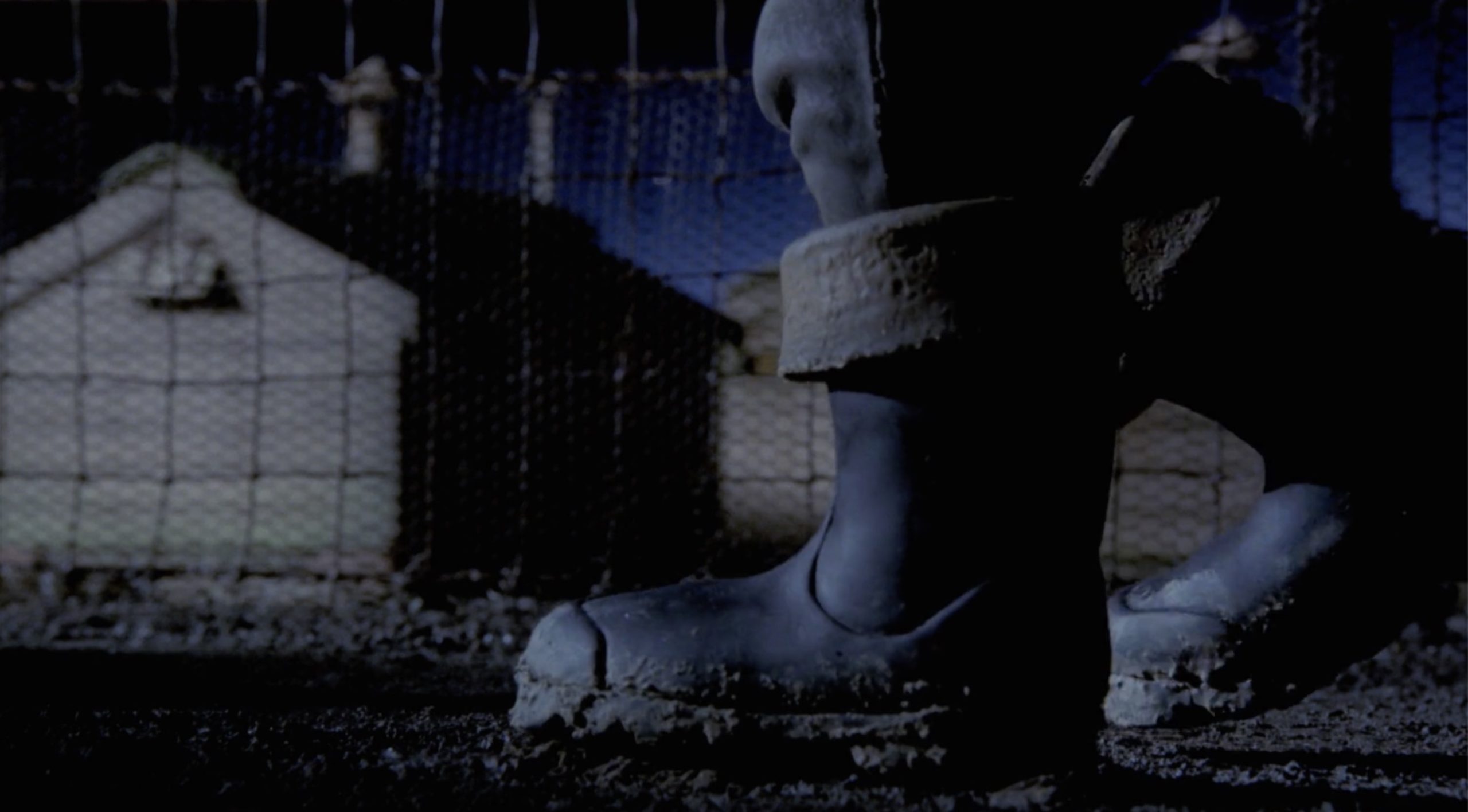
As the last Holocaust survivors pass away, our generation is responsible for keeping their memory and the memory of the atrocities alive. I think we should also add another responsibility onto our very full plates: Teaching the next generations about the Holocaust in a real, non-scarring way that will equip them with information, compassion and ownership over our people’s history.
“Chicken Run” is a silly, funny movie that isn’t going to teach anybody about the actual history of the Holocaust. But as a future educator, I can’t help but see it as a remarkable tool to introduce young students to ideas such as concentration camps, armed resistance in the Holocaust and a certain kind of yearning for freedom that feels so integral to the Jewish people.
While I may not have liked “Chicken Run” as a child, I really enjoyed watching it back now. Hell, watch it for yourselves and tell me if you see the allegory, or if you think I need to go outside and, as the kids say, touch some grass. Either way, always remember that if you get airsick, put your head between your legs and kiss your bum goodbye.
Late Take is a series on Alma where we revisit Jewish pop culture of the past for no reason, other than the fact that we can’t stop thinking about it?? If you have a pitch for this column, please e-mail submissions@heyalma.com with “Late Take” in the subject line.
